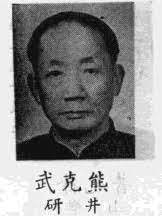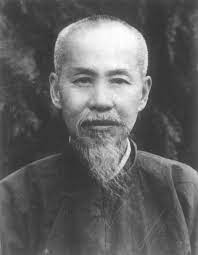Yen Fu (8 January 1854-27 October 1921), naval officer who became the foremost translator-commentator of his day. Through his translations, the works of such Western thinkers as Charles Darwin, Herbert Spencer, John Stuart Mill, and Adam Smith were introduced to China. The only son of a practitioner of Chinese medicine. Yen Fu was born in […]








